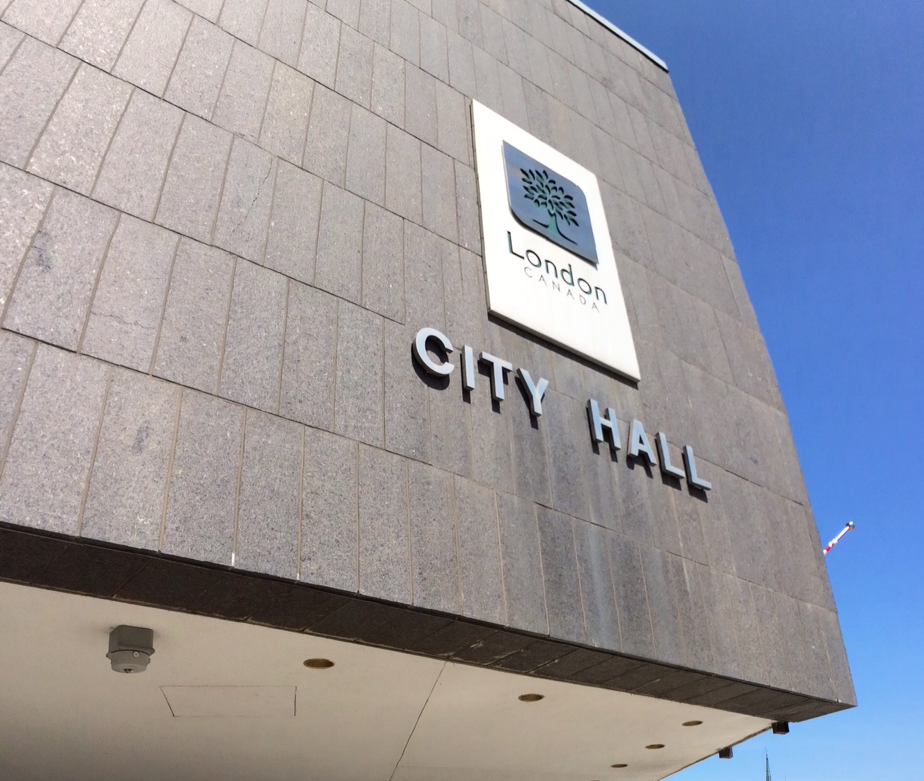London Hydro CEO Vinay Sharma believes city councillors focused on legal concerns over business concerns when it comes to how to let the utility restructure to allow for the development of its non-regulated business activity.

However, Coun. Josh Morgan says the approach endorsed by the strategic priorities and policy committee strikes a balance between supporting London Hydro and maintaining municipal control.
The motion to create a municipally owned retail subsidiary, or “Newco,” instead of a holding company, or “Holdco,” which he and Coun. Jesse Helmer put forward, must still be approved by council.
“Essentially, the City of London is the Holdco in this case. So instead of the City of London transferring the assets to the Holdco and under that Holdco, it both owns London Hydro and the retail affiliates, we basically become the Holdco and we own both London Hydro and the retail affiliates and allow them to operate as London Hydro contemplated,” Morgan explained.
“There are obviously some differences that we would have to take in our approaches. But we’re pretty confident that working with London Hydro’s expertise, we can make this function as they envisioned.”
The push to restructure in the first place began over two years ago, Sharma says.
- Khamenei’s death met with ‘jubilation’ among Iranian-Canadians: Liberal MP
- ‘Something just went off’: Canadians in Middle East describe ‘surreal’ Iran missile strikes
- Iran begins search for new leader; U.S. military says 3 service members killed
- Queen’s University students stranded in Doha after Iran attack shuts down airspace
“I’m certainly disappointed, and the reason I’m disappointed is primarily because council listened to the legal reasons and they did not consider or even ask for business reasons.”

Get daily National news
London Hydro has been hoping to market its Green Button data management services to other utilities, but it is currently not allowed to as an entity regulated by the Ontario Energy Board.
“We have done legal advice, tax advice, expert advice and that’s only when we proposed to the city what we proposed,” Sharma said.
“I understand the council’s concern about direct oversight of London Hydro. Despite the creation of an entity in between the city and London Hydro, we never proposed that oversight to go away and we were willing to all the time strengthen that if need be.”
Sharma also said the Green Button is not “a shining object sitting on my shelves” or something “manufactured in a factory that can be sold.”
“It is a consulting service. The consulting services for those comes from the people that are running London Hydro. And there’s nothing else beside this. I have reason to believe that many people misunderstood that business and they made a legal decision, not the business decision.”

London Hydro “returns about a $5-million dividend” to the city annually, Morgan says, which the city uses to offset the tax base “so there’s $5 million less we need from taxpayers.”
“Not only is it an important asset because pretty much everybody depends on it, everybody has to pay a hydro bill, but it also returns a benefit to the taxpayers of the city of London in the form of dividends,” he said.
“If we were to transfer that ownership to a Holdco, they would be the shareholders. So they would be the ones providing direction to the board, this Holdco, and you can’t presume exactly what they would do and how they would want to transfer assets or those dividends between both London Hydro and the new retail affiliate.”
Morgan also suggested that a Holdco structure could still be revisited in the future.
“That would not be very difficult to do once you’ve set up both London Hydro and the retail affiliates.”
Sharma, however, says “it is not a possibility anymore.” He added that London Hydro will continue its work as a utility and the affiliate the city creates “will have to carry out its business on its own.”
“We have been advised not to do anything, so we will not do anything.”
He also said he wished that if oversight was the only real concern, councillors should have asked about additional options to increase it.
The motion must still be approved at the council level.











Comments
Want to discuss? Please read our Commenting Policy first.